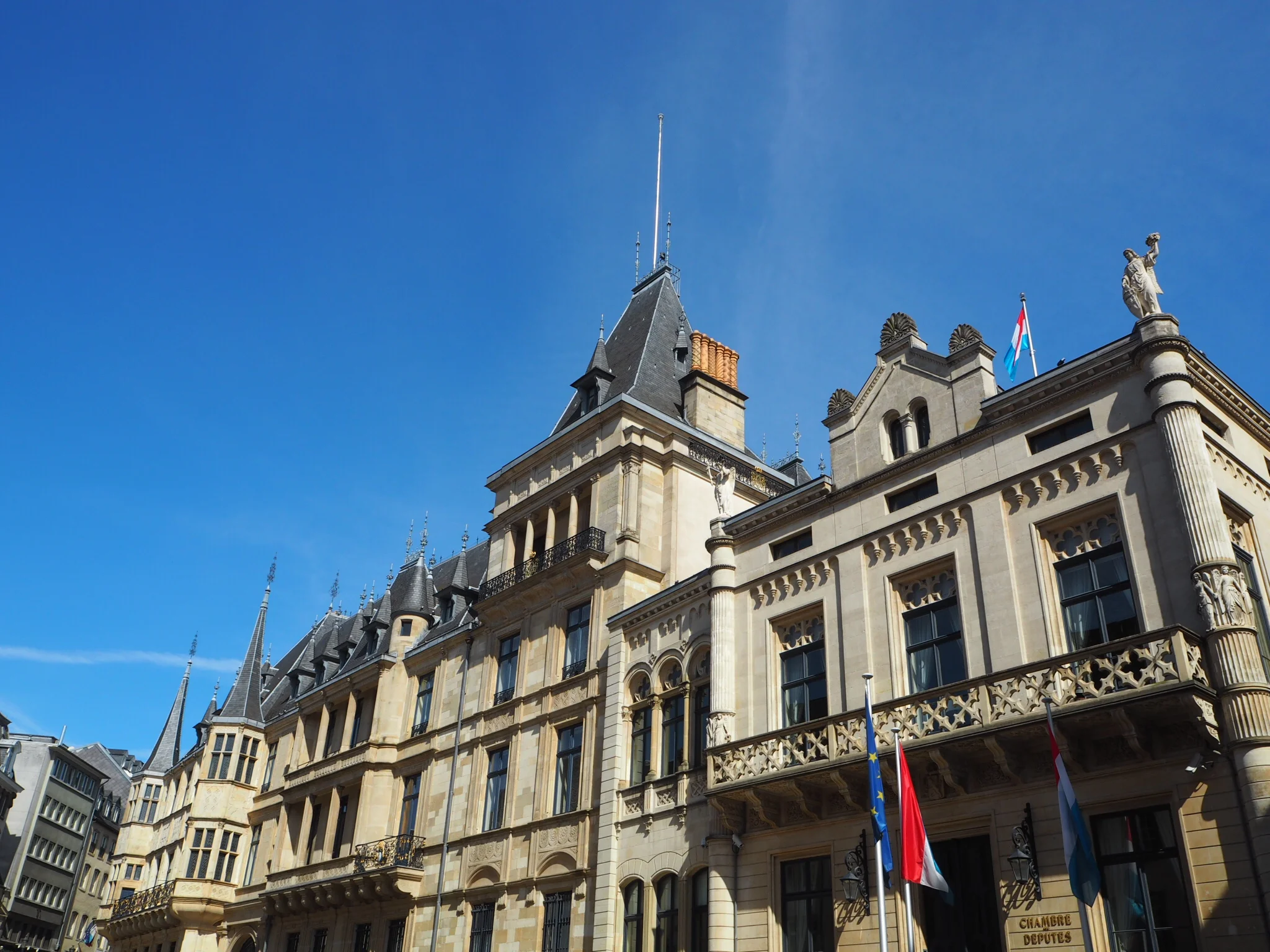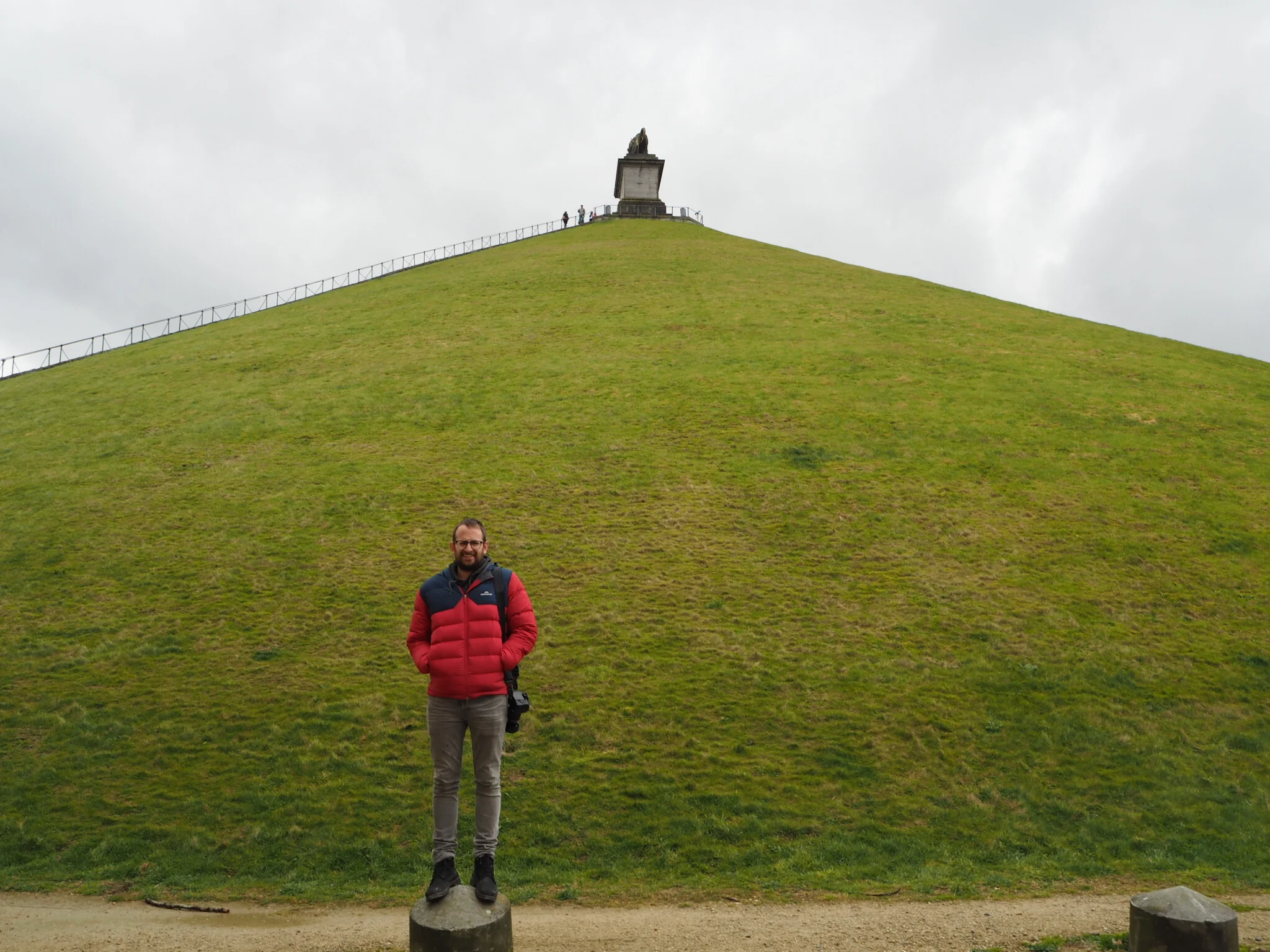Luxembourg: Small but Mighty
Today I ate breakfast in Luxembourg, stopped for lunch in Belgium and enjoyed a leisurely dinner in the Netherlands. Jumping from language to language, I couldn’t help but wonder what it must be like to live in a country with three official languages.
Begréissen zu Letzebuerg. Bienvenue au Luxembourg. Willkommen in Luxemburg.
Despite being one of the smallest countries in Europe, the Grand Duchy of Luxembourg is tri-lingual and proud of it. Oskar, our walking guide, tells us that while the three national languages are Luxembourgish, French and German, many people speak a fourth language at home. It all depends on their country of origin. As just under half of the permanent residents in Luxembourg are foreign, the likelihood of an individual speaking four or even five languages fluently is quite high.
Some of the older generations don’t speak English so German is a handy language to have. Luckily, I had my German translator with me, who was able to step in and make transactions on my behalf. That’s another thing about Luxembourg. While it is compulsory to learn the three national languages, the young folk should also have an excellent grasp of English. Luxembourg is one of the three official capitals of the European Union and the home of the European Court of Justice, after all, and English is a universal language.
Back to the kooky dialect that is Luxembourgish.
Luxembourgish is a High German dialect spoken by the 390 000 native Luxembourgian that call the country home. It is also the first language that children are taught at nursery school. In a previous post, I introduced you to the Icelandic language, which is spoken by just 360 000 people across the globe. There are some pretty obscure languages in the world, being preserved by small populations! I love it!
Luxembourgish has kept much of the German grammar and syntax, with a few borrowed (and adapted) words from the French. If you understand German and French well, you could probably do a rough translation of the written word. Understanding the spoken word is a little bit trickier.
So how do you know which language to speak when conversing with your neighbours? All three are spoken in public and French, German and English are used predominantly for doing business. Here's a doozy for you! In parliament, debates are carried in Luxembourgish, legislation is drafted in German and, once passed as law, the statutes are written in French.
I could talk about languages all day.
During our city tour, we also learnt that Luxembourg is the only remaining Grand Duchy in the world. I had no idea what a Grand Duchy was so I was pleased when Oskar explained that they are a bit like the UK (a constitutional monarchy, with a prime minister). And what a handsome man Grand Duke Henri is! Our guide as good as brought out a flipbook of the royal family, parading us past a souvenir shop to show us a photo of Henri and his stunning Cuban wife. Apparently, they met at school in Switzerland.
How did Luxembourg become a Grand Duchy? Luxembourg has a long history and I'd be pushing 2000 words if I went back too far. To put it briefly, when the Napoleonic Empire collapsed in 1815, it was time to redraw the world map. The United Kingdom of the Netherlands (present-day Netherlands and Belgium) and Prussia were fighting over Luxembourg so the Congress of Vienna stepped in and decided that the Netherlands could have Luxembourg if they gave a little bit to Prussia. William III was suddenly the King of the Netherlands and the Grand Duke of Luxembourg. Over the last 240 years, Germany, France and Belgium have all taken a piece of Luxembourg, reducing its territory from 10 700 km2 to 2586 km2 (about three times the size of Canberra). Despite these partitions, Luxembourg is proud to say that one third of their country is still covered in forest (some of this is privately owned).
Though the country is small, business is booming. Almost half of the country’s workforce lives in another country and commutes to work in Luxembourg City. With its central location, lack of corruption and attractive tax breaks, it’s no wonder that many big businesses have their headquarters here. I'm pretty proud to say that Luxembourg has the highest minimum hourly wage in the world (after Australia).
Luxembourg began as a fortress on a rocky outcrop, overlooking the green valley of River Alzette, way back in 963. While the fortress has since been dismantled (Luxembourg was declared a neutral state in 1867), many of the old city walls are still intact and you can spend hours exploring the underground tunnels that lie beneath the rocky promontory. The city itself is a beautiful mix of modern and the Middle Ages. With humble beginnings, it was never destined to be a big city but it makes a big impression.



